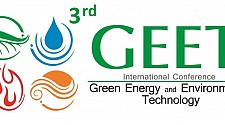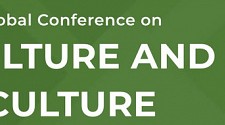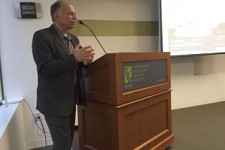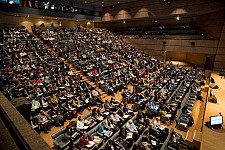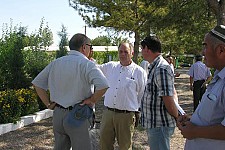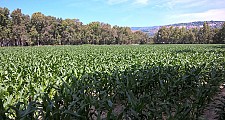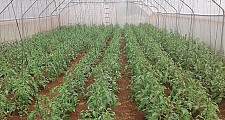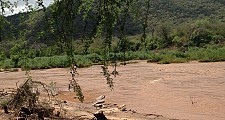I am conducting a workshop on Climate smart Irrigation at the International Food Policy Research Institute (IFPRI) at 12:30 PM on June 8, 2016.
IFPRI is located at 2033 K Street, Washington DC 20006.
EPTD invites you to a Brown Bag Seminar on:
“The Criticality of the Irrigation Distributor Model for Sustainable Agricultural Systems”
Presented by Michael Davidson, Climate-Smart Agriculture Consultant
On Wednesday, June 8, 2016 Conference Room 4B 12:30 – 1:30 pm
Abstract: By 2050, global agricultural production will need to increase by 70% and in the Least Developed Countries (LDCs) agricultural production will have to increase by 100% (DuBois, Chen, Kanamaru, & Seeberg-Elverfeldt, 2012). The principles of Climate-smart agriculture specify that these food demands are met while greenhouse gas emissions from traditional agricultural practices are mitigated, and science-based, adaptive tools and methods developed to cope with ecological uncertainty are made operational at multiple scales in polycentric societies.
This paper examines the enabling agro-economic institutions that provide critically important value chain inputs for sustainable agricultural production and finds evidence that the absence of these agencies explains the unsustainability of irrigation systems in LDCs and stagnation of agricultural production. This paper posits that these interlinked agencies are necessary for sustainable implementation of professional irrigation systems and further posits that absent these linkages production in LDCs will continue to lag.
Local agro-economic institutions, in particular the dealer and distributor network, operate in all developed agricultural communities and provide such services as: provision of professional irrigation and agronomic inputs; implementation guidance; design support; whole good and spare parts inventory; agronomic advice; training on equipment and methods; linkages to a vast network of irrigation manufacturers and associations; and product warranty support. The criticality of the dealer/smallholder relationship in the supply value chain is inextricably and interdependently linked to the profitability and growth of the smallholder.
The manufacturers, distributors and growers all depend on each other's success. All components of irrigation systems break down and require ongoing repair and replacement. All irrigation and agricultural components require proper design, maintenance and a dynamic knowledge base for proper application. These are the primary tasks the irrigation dealer performs and for which he/she is trained. Contribution of this business model goes beyond improving agricultural production.
This model provides the grower with the support of an entire industry and local societies benefit from improved knowledge and professional employment opportunities. By way of illustration, in the United States, approximately 25 million work in the agricultural sector but only 3 million people actually farm. In short, it takes 12 people to provide support services for every farmer.
This paper captures and unpacks the agricultural/irrigation dealer model that creates critical interdependent linkages between manufacturers and dealers, and between dealers and grower and provides case study evidence from an emerging distributor in Africa who is successfully emulating this model.
Michael Davidson is engaged in global water management, specializing in climate-smart agriculture (CSA), as a farmer, teacher, researcher, scholar, consultant, business owner and member of key NGOs, since 1975. He has developed climate-smart irrigation as the key irrigation implementation component for CSA and is also a consultant for CSA on a global basis to all development banks, and key NGOs.
He is an "expert speaker" on Climate-smart Agriculture for the United States Department of State. He is a Doctoral candidate in the field of Public Policy with an emphasis on irrigation efficiency as a tool of climate-smart agriculture in semi-arid regions.



